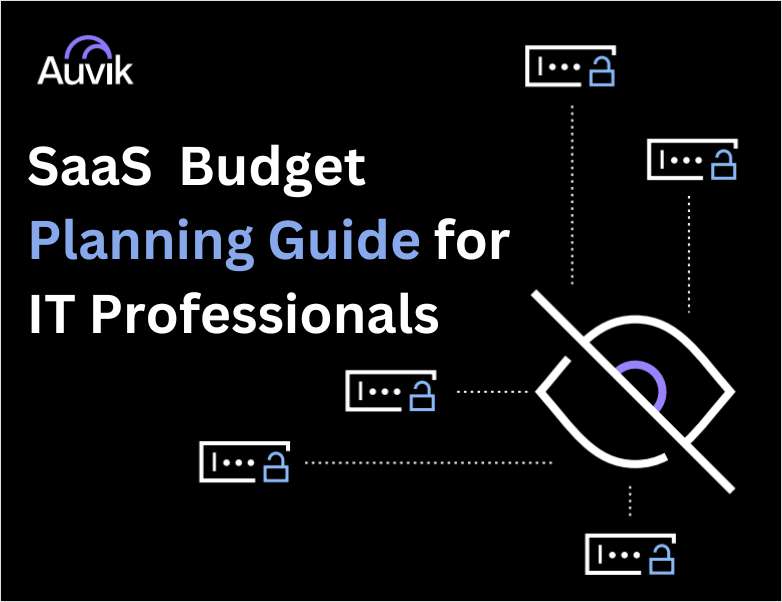Phishing attacks change constantly and consumers, and their financial institutions, need to remain vigilant, according to the Identity Theft Assistance Center.
E-mails, phone calls and text messages are all used to try to capture account numbers, PINs and other identifying information, and, as part of Protect Your Identity Week, which concludes tomorrow, ITAC has issued a series of reminders.
They include to be suspicious of any unsolicited e-mail or text message seeking personal information; avoid filling out forms in e-mail messages that ask for personal information; always compare the link in the e-mail to the link that you are actually directed to; log on to the company's official website instead of clicking on a link in an e-mail; and contact the business that sent the e-mail to verify it.
ITAC also recommends reporting phishing e-mails to the Anti-Phishing Working group at [email protected], the Federal Trade Commission at [email protected] and a special FBI unit at www.ic3.gov.
Continue Reading for Free
Register and gain access to:
- Breaking credit union news and analysis, on-site and via our newsletters and custom alerts
- Weekly Shared Accounts podcast featuring exclusive interviews with industry leaders
- Educational webcasts, white papers, and ebooks from industry thought leaders
- Critical coverage of the commercial real estate and financial advisory markets on our other ALM sites, GlobeSt.com and ThinkAdvisor.com
Already have an account? Sign In Now
© 2024 ALM Global, LLC, All Rights Reserved. Request academic re-use from www.copyright.com. All other uses, submit a request to [email protected]. For more information visit Asset & Logo Licensing.









